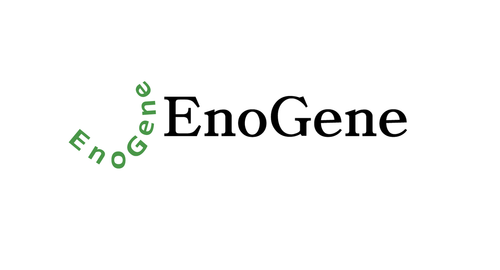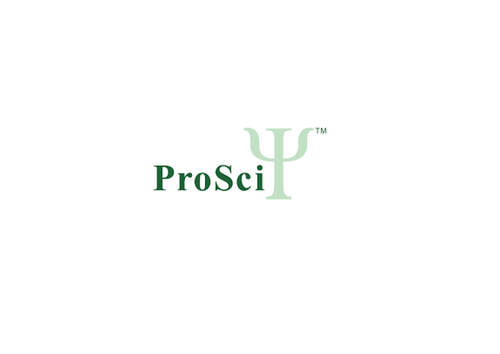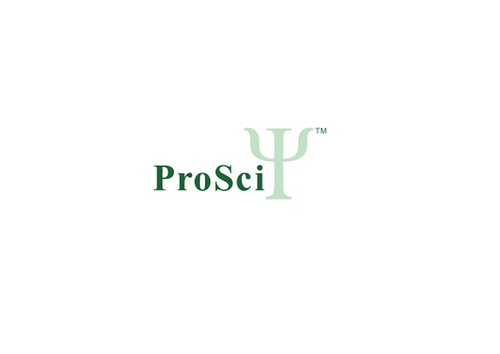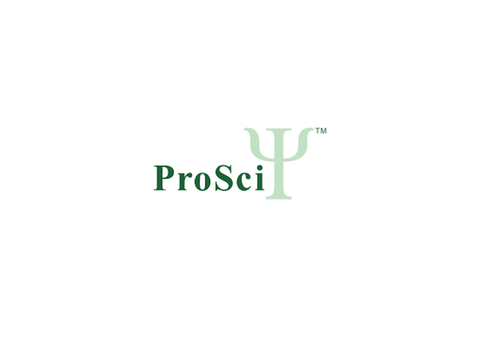Product Description
YTHD2 Antibody | 58-440 | ProSci
Host: Rabbit
Reactivity: Human
Homology: Predicted species reactivity based on immunogen sequence: Bovine, Monkey, Mouse
Immunogen: This YTHD2 antibody is generated from rabbits immunized with a KLH conjugated synthetic peptide between 551-579 amino acids from the C-terminal region of human YTHD2.
Research Area: Cell Cycle
Tested Application: WB
Application: For WB starting dilution is: 1:1000
Specificiy: N/A
Positive Control 1: N/A
Positive Control 2: N/A
Positive Control 3: N/A
Positive Control 4: N/A
Positive Control 5: N/A
Positive Control 6: N/A
Molecular Weight: 62 kDa
Validation: N/A
Isoform: N/A
Purification: This antibody is purified through a protein A column, followed by peptide affinity purification.
Clonality: Polyclonal
Clone: N/A
Isotype: Rabbit Ig
Conjugate: Unconjugated
Physical State: Liquid
Buffer: Supplied in PBS with 0.09% (W/V) sodium azide.
Concentration: batch dependent
Storage Condition: Store at 4˚C for three months and -20˚C, stable for up to one year. As with all antibodies care should be taken to avoid repeated freeze thaw cycles. Antibodies should not be exposed to prolonged high temperatures.
Alternate Name: YTH domain-containing family protein 2, CLL-associated antigen KW-14, High-glucose-regulated protein 8, Renal carcinoma antigen NY-REN-2, YTHDF2, HGRG8
User Note: Optimal dilutions for each application to be determined by the researcher.
BACKGROUND: YTHDF2 is a member of the YTH (YT521-B homology) superfamily containing YTH domain. The YTH domain is typical for the eukaryotes and is particularly abundant in plants. The YTH domain is usually located in the middle of the protein sequence and may function in binding to RNA. In addition to a YTH domain, this protein has a proline rich region which may be involved in signal transduction. An Alu-rich domain has been identified in one of the introns of this gene, which is thought to be associated with human longevity. In addition, reciprocal translocations between this gene and the Runx1 (AML1) gene on chromosme 21 has been observed in patients with acute myeloid leukemia. This gene was initially mapped to chromosome 14, which was later turned out to be a pseudogene.
 Euro
Euro
 USD
USD
 British Pound
British Pound
 NULL
NULL

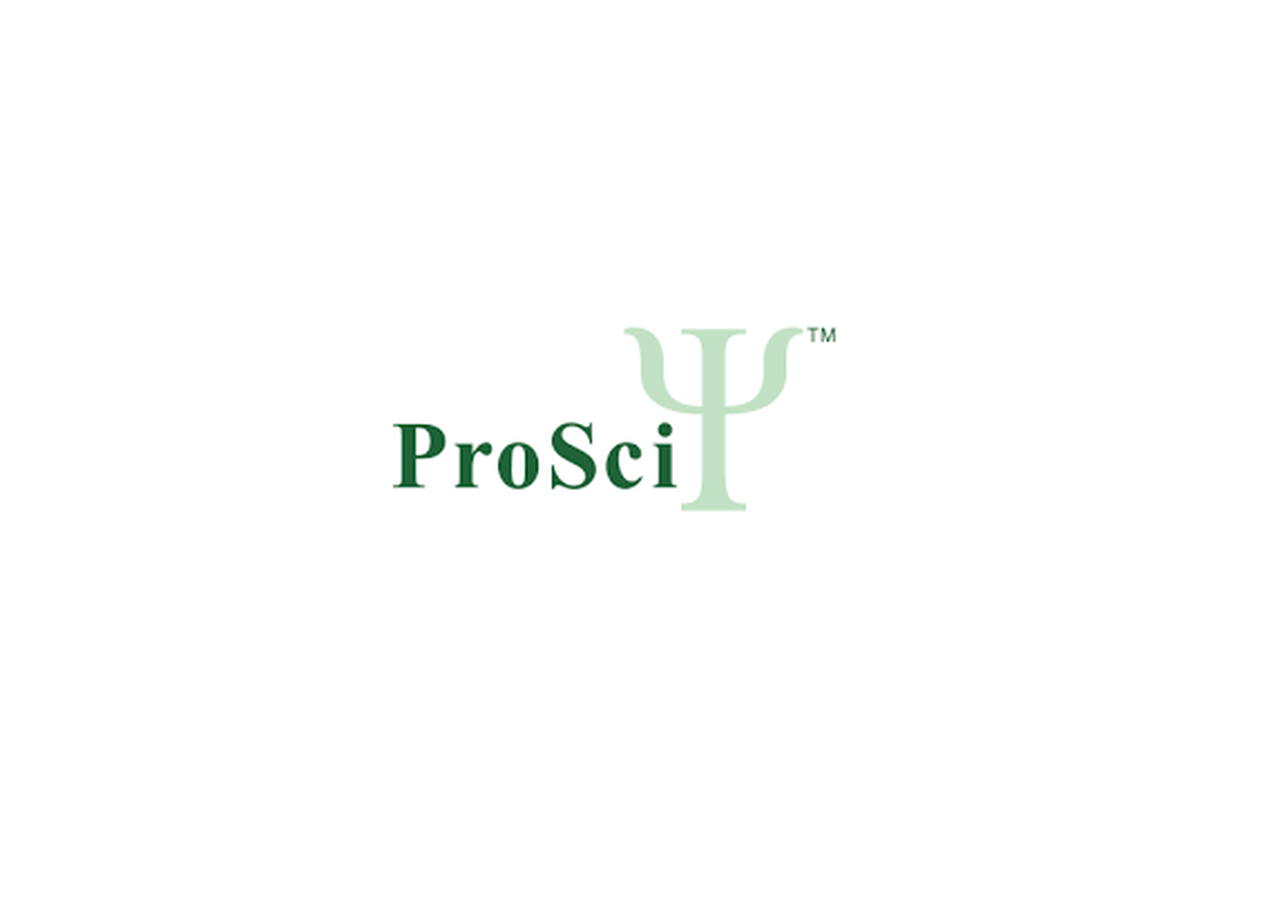




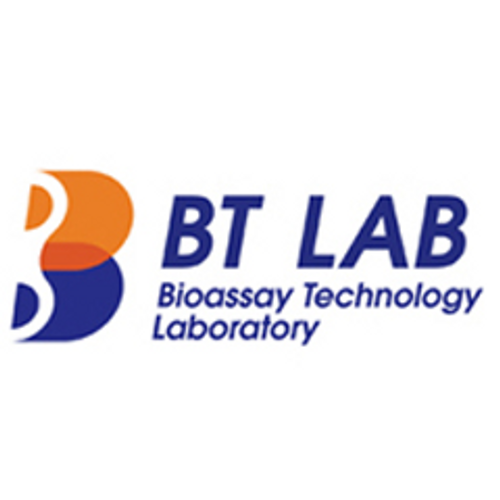
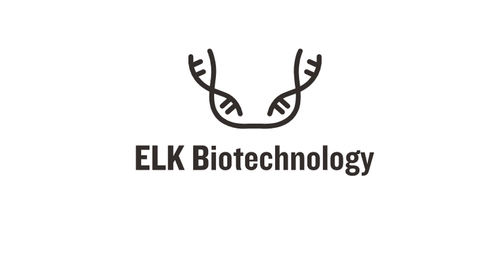
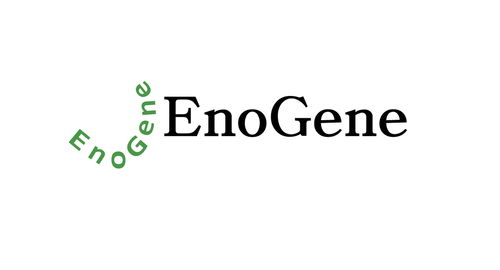
![YTHD2 Antibody (C-term) [APR04101G] YTHD2 Antibody (C-term) [APR04101G]](https://cdn11.bigcommerce.com/s-452hpg8iuh/images/stencil/500x659/products/865430/1157497/logo__92149.1659788186__86279.1659862462.png?c=2)
